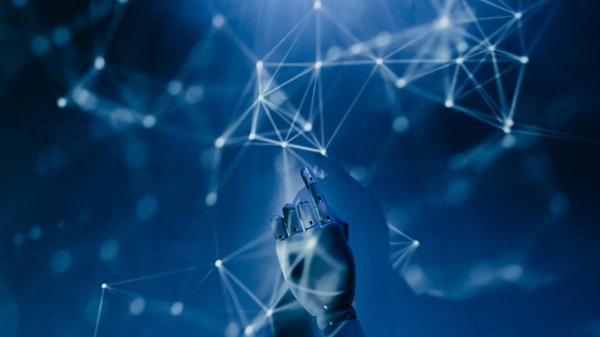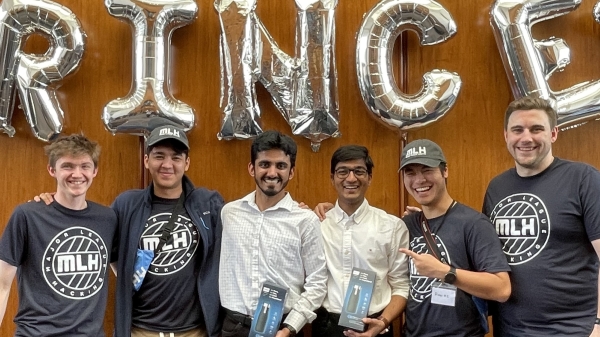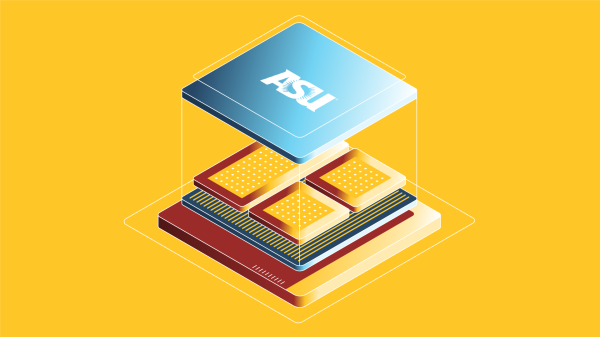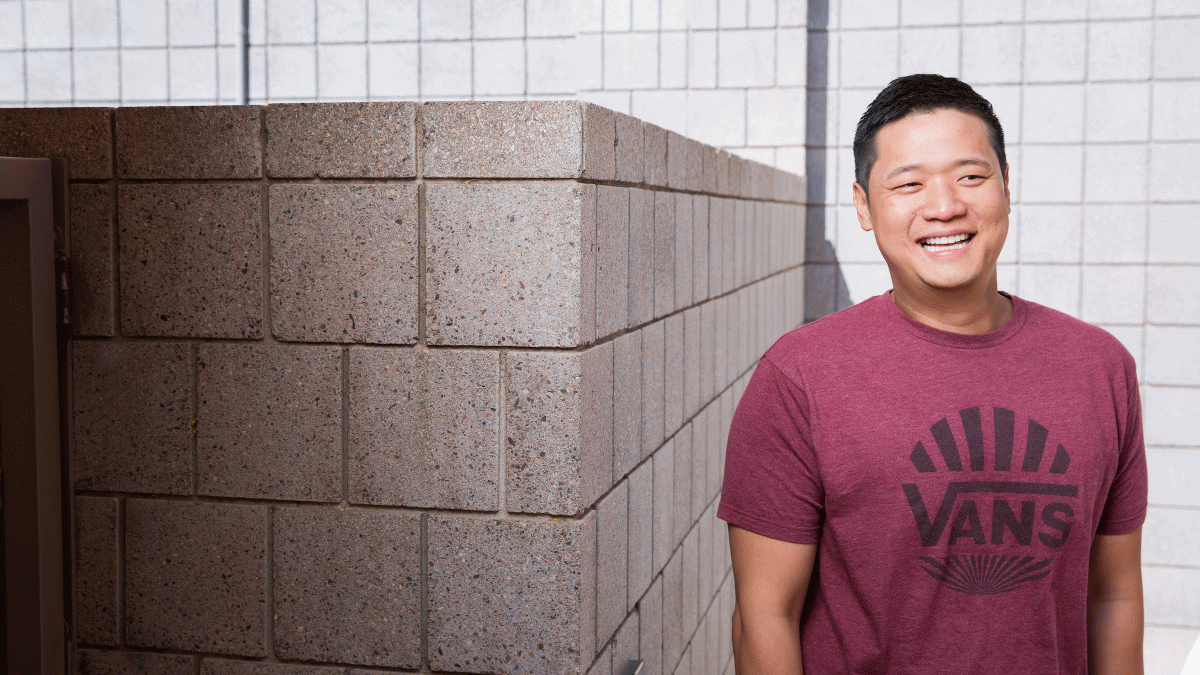Editor’s note: This is part of a series of profiles for spring 2018 commencement.
Stefano Chang had a good job in his field and was one class away from a master’s degree in software engineering from Arizona State University.
Then his vision went wonky.
He saw double because of a tumor in his head. Work, school, and everything else came to a screeching halt as he went to Mayo Clinic for treatment.
While he was there he wondered if there was a way he could take his final class online. He asked Kevin Gary, the graduate program committee chair for software engineering, about it.
“I didn’t want to delay more than I already did,” said Chang, the first in his family to earn a college degree. “It was the only thing I could do in terms of moving on.”
While enduring eight-hour treatments, he hunched over his laptop, wrapping up his degree.
“It felt good,” he said.
Question: What was your “aha” moment, when you realized you wanted to study the field you majored in?
Answer: I always knew I wanted to get into computers, and that’s what I did. I had zero programming experience coming in. I moved here when I was 15, and I didn’t know anything about this country. … My school didn’t offer anything.
Q: What’s something you learned while at ASU — in the classroom or otherwise — that surprised you, that changed your perspective?
A: It takes a lot more effort to finish grad school, knowing that you already have a degree and might not necessarily need it. I already had a job; I was already working before I graduated. This doesn’t really give me a pay bump or anything like that. It’s a lot more than taking exams or reading books; it shows a lot of determination, that you can finish something that you started.
Q: Why did you choose ASU?
A: My brother, my dad and I moved here (from Paraguay). I don’t think my dad finished high school. Nobody had an education, so to say, in my family. It was just me figuring it out. My high school counselor said, "Just apply." I applied — all local colleges. I got accepted to all three major ones. I was reading the brochure for ASU in computer science. It had a bullet point list of things they specialized in. None of the other colleges had it, so I thought, "OK — I’ll go to ASU.”
Q: What’s the best piece of advice you’d give to those still in school?
A: Don’t quit. You’re going to look back and you’re going to say, "I was wise about that," once you get through it. It’s just like my treatment. I look back on it and say, "It was a piece of cake. Nothing." But at the time …
Q: What was your favorite spot on campus, whether for studying, meeting friends or just thinking about life?
A: The Brickyard building. That’s the computer science building.
Q: What are your plans after graduation?
A: I started my LLC while I was going through treatment. I didn’t want to waste (time usually spent in school) once I graduated. I thought, "I’ll start my own business and make it work." I took on some contract jobs. It’s a software consulting business.
Q: If someone gave you $40 million to solve one problem on our planet, what would you tackle?
A: I think getting autonomous cars to the point where they’re fully autonomous. I don’t think $40 million would be enough. If it’s fully autonomous it’s a lot safer.
Above photo: Master's degree in software engineering graduate Stefano Chang poses for a portrait outside the bookstore on April 20. Photo by Deanna Dent/ASUNow
More Science and technology

National Humanities Center renews partnership with Lincoln Center for responsible AI research
The National Humanities Center has announced that Arizona State University's Lincoln Center for Applied Ethics is one of four organizations to receive funding for the second phase of their…

ASU student and hackathon enthusiast explores bridge between humanities, technology
While science and the humanities are seemingly two completely different worlds, the truth is they often go hand in hand. Mannan Anand, a second-year student at Arizona State University studying…

Advanced packaging the next big thing in semiconductors — and no, we're not talking about boxes
Microchips are hot. The tiny bits of silicon are integral to 21st-century life because they power the smartphones we rely on, the cars we drive and the advanced weaponry that is the backbone of…
